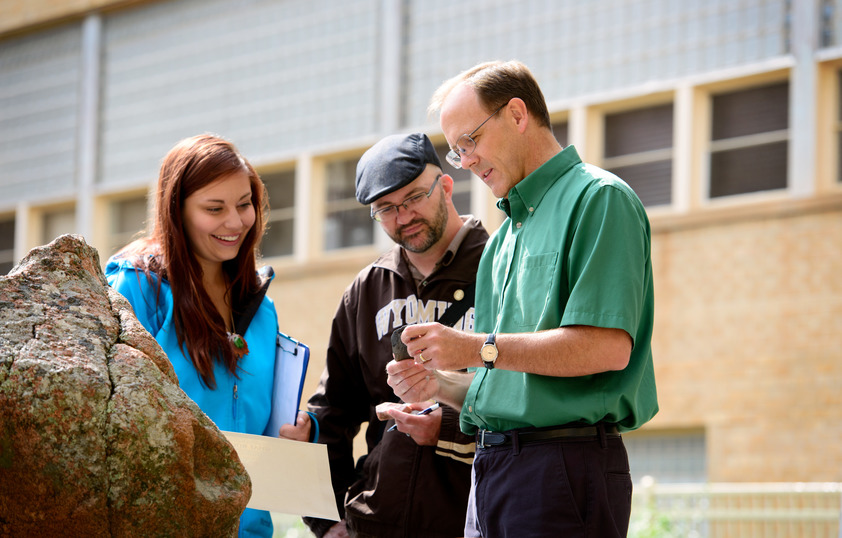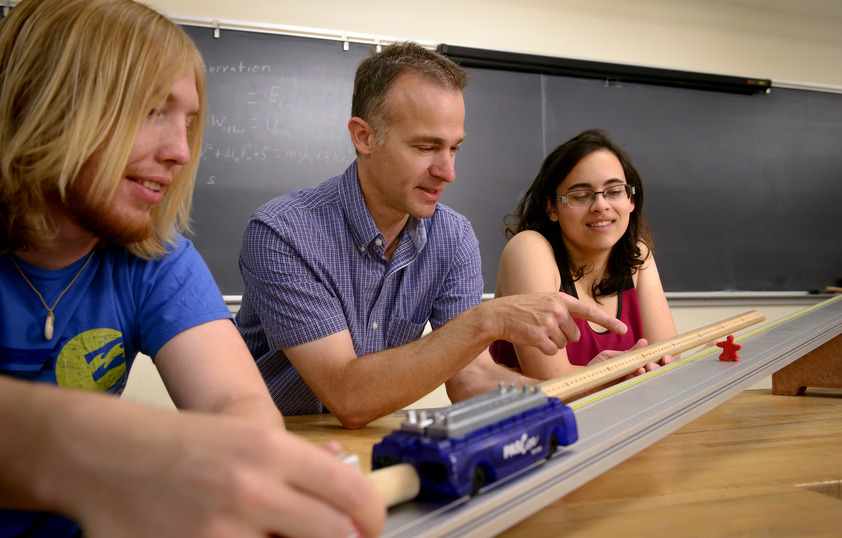Education
Master of Arts (M.A.)
On-Campus & Online

Get Your Education M.A. Today!
Are you a restlessly curious educator who seeks constant improvement of your practice? Do you want to explore the pedagogical evidence, see what’s behind it and then creatively implement new educational practices and programs for the greater good of your students?
Program Details
Tuition and Fees
Program Requirements





